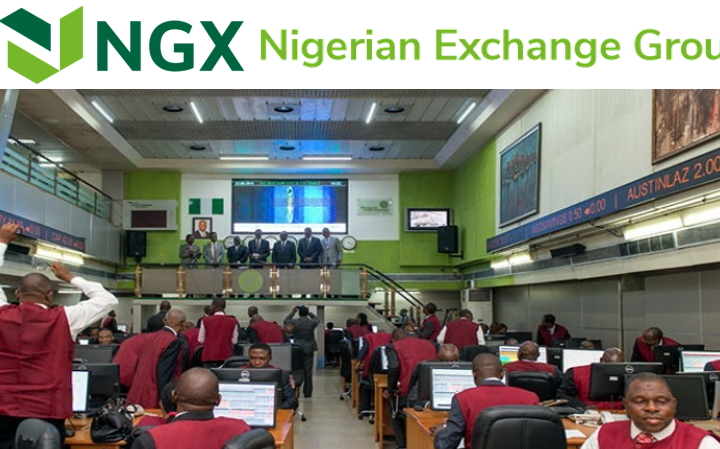The Nigerian government has announced plans for a revised minimum wage set to take effect from April 1, 2024, amidst economic concerns and following the expiration of the temporary N35,000 wage.
Idris Mohammed, the Minister of Information and National Orientation, disclosed this information in Abuja, shedding light on the impending changes.
Join our WhatsApp Channel“The new wage regime that will come into effect on April 1, 2024, aims to establish a more structured salary system for workers across Nigeria,” stated Mohammed.
“The committee, inclusive of Labor representatives, is being constituted to address this matter, underscoring the need for collaborative efforts.”
READ ALSO: Edo Govt Reviews N40,000 Minimum Wage, Other Initiatives In Independence Day Address
Mohammed clarified that the temporary N35,000 wage, introduced following the removal of fuel subsidies by President Bola Tinubu in May 2023, was intended as a short-term solution.
“These palliatives were targeted to cushion economic hardships before the scheduled implementation of the new minimum wage,” he added.
Highlighting the government’s commitment to dialogue and negotiation with Labor, Mohammed affirmed, “The negotiation regarding the wage issue involves a committee that will include representatives from Labor. As the current wage regime concludes by March’s end, we expect the new wage structure to commence promptly by April.”
The Federal Government’s proposed budget for 2024–2026 reflects an allocation of 29.18% to cover expenditures related to salaries, overheads, and pensions.
Emphasizing the broader implications, Mohammed urged both the private sector and state governors to align their salary structures accordingly.
The Nigeria Labour Congress National President, Joe Ajaero, reiterated the inevitability of the minimum wage review in 2024, stating, “It is open knowledge that the review of the national minimum wage is a matter of the law which is expected to happen in 2024.”
The forthcoming wage adjustment is anticipated to create a more sustainable and structured compensation system, aiming to address the welfare of Nigerian workers.
Emmanuel Ochayi is a journalist. He is a graduate of the University of Lagos, School of first choice and the nations pride. Emmanuel is keen on exploring writing angles in different areas, including Business, climate change, politics, Education, and others.


















Follow Us